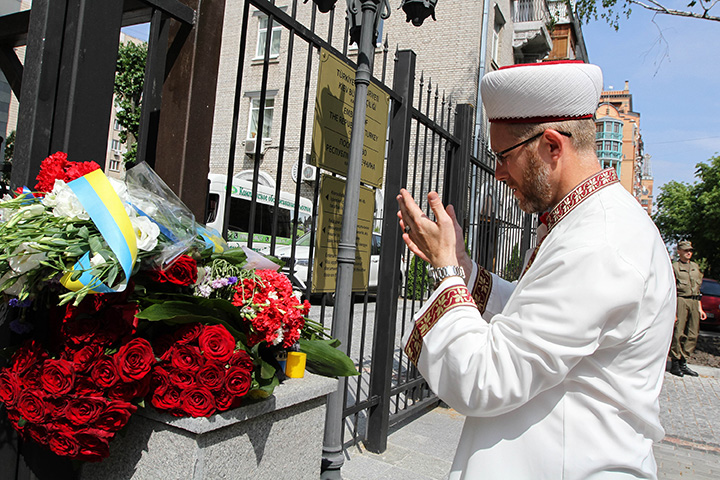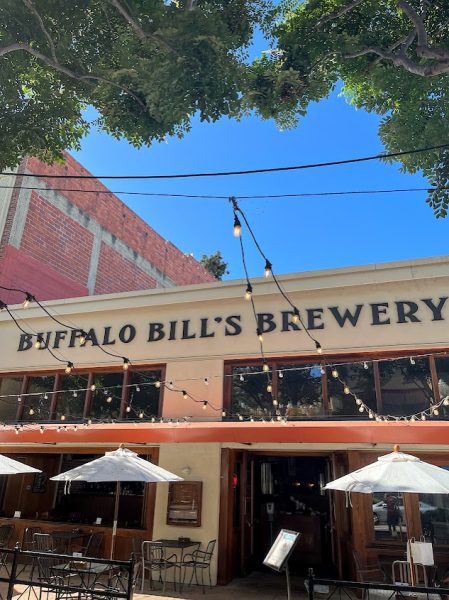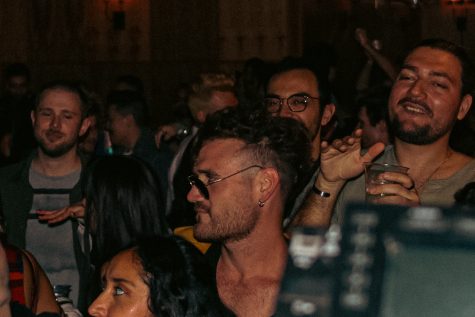At least 41 killed in suicide attack at Istanbul airport, officials say
Suicide attackers armed with guns and bombs hit Turkey’s largest airport Tuesday night, killing at least 41 people and wounding more than 230 others in a coordinated assault that officials said bore the hallmarks of Islamic State militants.
It was the latest in a string of potent attacks in the country, which has struggled to contain the fallout from the war in neighboring Syria and is also battling an uprising by Kurdish separatists in the southeast of Turkey.
Among the victims were 10 foreign nationals and three were dual citizens, according to a statement from Istanbul’s governor published online.
Three suicide bombers carried out the assault on Istanbul Ataturk Airport, Europe’s third-busiest, arriving in a taxi shortly before 10 p.m., Prime Minister Binali Yildirim told reporters.
At least one of the assailants opened fire with a Kalashnikov rifle outside the international arrivals entrance, Justice Minister Bekir Bozdag said. Another managed to get inside the building and was shot by police in the departures area on the first floor before all three blew themselves up, according to officials and what appeared to be video images of the attack.
Witnesses described a scene of pandemonium and carnage. There was no immediate claim of responsibility, but Yildirim said initial findings pointed to Islamic State.
“What is noteworthy is that this attack came at a time when our country is putting up a merciless fight against separatist terrorism and recording significant success,” Yildirim said.
Turkey is a member of the U.S.-led coalition fighting the extremists and allows U.S. aircraft to use Incirlik Air Base to launch bombing runs over Syria.
Islamic State, which has funneled weapons and fighters in from Turkey, has responded with rocket fire on Turkish border towns. Turkish officials also blame the group for deadly suicide bombings, including two this year targeting tourist spots in Istanbul.
Kurdish militants have also claimed responsibility for attacks in major Turkish cities, including one last year on another Istanbul airport, Sabiha Gokcen.
Turkish President Recep Tayyip Erdogan called on governments around the world to “take a firm stand” against terrorism.
“The bombs that exploded in Istanbul today could have gone off at any airport in any city around the world,” Erdogan said. “Make no mistake: For terrorist organizations, there is no difference between Istanbul and London, Ankara and Berlin, Izmir and Chicago or Antalya and Rome.”
The Obama administration quickly condemned the bombing, saying it would “stand in solidarity with our NATO ally” in combating terrorism.
“Sadly, this murderous attack is only the latest in a series of attacks aimed at killing and maiming innocent civilians,” State Department spokesman Mark Toner said in a statement. “Such attacks will only reinforce our determination to work with the government of Turkey to counter the scourge of terrorism and support all those across the region who are working to promote peace and reconciliation.”
The U.S. and Turkey have clashed at times over the definition of terrorism. Erdogan’s government regards some of the Kurdish forces fighting with the U.S.-led coalition in Syria as terrorists, while Washington and others consider those forces to be allies.
In the aftermath of Tuesday’s bombings, hundreds of passengers flooded out of the airport, some of them in tears. Every few minutes, an ambulance pulled out, sirens blaring.
Hamidullah Azzizi, part of a group of six Afghans on a business trip, said he had just picked up his boarding pass and sat down at a restaurant in the terminal to break the Ramadan fast when the attack took place.
“We heard gunfire, like bursts,” Azzizi said. “Then at least one explosion.”
The group sheltered in the restaurant for about 10 minutes, until police arrived and escorted diners outside.
“We are shocked,” Azzizi said. “What can you do in a moment like that? I never thought this would happen in Turkey, in Istanbul, in the airport.”
Nearby, a woman from Saudi Arabia was waiting for news of three missing family members. They were separated in the chaos.
“There were bodies lying everywhere,” she said. She declined to give her name.
Sinan Kolcu, who had just arrived on a flight from Brazil when the attack occurred, said passengers were held at the airport for more than three hours before being permitted to leave.
“During the evacuation, we saw the damage — it was terrible,” he said. “Pools of blood on the ground and everything.”
A Turkish Twitter user posted video of what appeared to be one of the explosions, apparently launched after police felled one of the bombers, who then set off his explosives. It showed passengers milling about, then the apparent bomber running through the terminal and falling, and finally a flash of light followed by flames.
Other images shared on social media showed bloodied victims, and searchers combing through debris.
“I saw parts of arms and legs,” wrote a Twitter user at the airport during the attack.
All departing flights were canceled until 8 a.m.
The target and the terrorists’ methods were reminiscent of the deadly bombing at an airport in the Belgian capital in March.
“Our thoughts are with the victims of the attacks at @istanbulairport,” the Brussels airport posted on its Twitter account. “We wish them, their relatives & all airport staff strength & courage.”
The attack came the day after Turkey and Israel unveiled a deal to normalize diplomatic relations after a six-year rift over a deadly Israeli assault on a Turkish flotilla that was carrying aid to the Gaza Strip in defiance of an Israeli blockade.
Some analysts suggested that there might be a link, but others said an attack involving multiple bombers would probably have taken more time to prepare.
Islamic State has increasingly been targeting tourist areas in Turkey, forcing Ankara to confront the extremists, whose networks are believed to spread from Istanbul to the Syrian border.
This year, suicide bombers hit Sultanahmet Square in Istanbul, close to some of the city’s main attractions, including the Blue Mosque and the Hagia Sophia Museum, as well as Istiklal Avenue, a busy pedestrian thoroughfare.
Police have captured suspects identified as Islamic State operatives on the country’s western tourism trail and even in the Black Sea city of Trabzon, which has become a destination for travelers from the wealthy Persian Gulf states.
A homegrown Islamic State cell has also carried out suicide bombings in the southeastern city of Adiyaman over the last year.
Special correspondent Farooq reported from Istanbul and staff writers Zavis and Evans from Los Angeles. Special correspondent Glen Johnson contributed from Anamur, Turkey, and staff writer Tracy Wilkinson from Washington.











